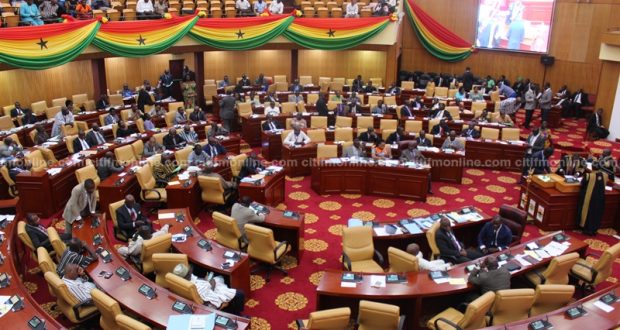According to the Ghana Integrity Initiative (GII), it costs a whopping $30,000 to run for and win a seat in parliament.
The foundation of corruption in Ghana, according to Michael Boadi, the Fundraising Manager of GII, has been spending such sizable sums to win elections.
Political campaign funding, according to Mr. Boadi, has increasingly served as a catalyst for corruption and, if unchecked, frequently results in the theft of the nation’s plentiful resources.
“The situation is becoming increasingly perilous. According to research by the Centre for Democratic Development-Ghana, winning a parliamentary seat costs approximately US$300,000.00, a figure that continues to rise,” he noted.
Mr. Boadi raised concerns about accountability and transparency by questioning the source of the sizeable sums needed for political campaigns.
“If a parliamentary seat in a smaller constituency demands $300,000.00, one must ponder the source of even larger sums spent by presidential candidates,” he commented.
At both the presidential and parliamentary levels, Mr. Boadi emphasized the importance of disclosing the sources of funding for political parties and their candidates.
He cautioned that failure to carefully examine funding sources could give criminal organizations like money launderers, drug traffickers, and terrorists access to the political system of the nation.
The effectiveness of anti-corruption initiatives, according to Mr. Boadi, depends on resolving these issues and promoting greater transparency.
He issued a warning against politicizing corruption investigations, which has, in some cases, interfered with their ability to function and diminished public interest in their proceedings.
Meanwhile, in a poll conducted by Outcomes International Ghana and the Center for Sustainable African Development Initiatives (C-SADI) UK, Dr. Mahamudu Bawumia was predicted to win the upcoming special delegates elections by a landslide.
The survey predicts that the Vice President will prevail in the elections by a margin of 72%.
Following Dr. Mahamudu Bawumia are Alan Kyeremanten (7.7%), Ken Agyapong (4.3%), Kwabena Agyepong (1.8%), and Dr. Owusu Akoto (0.6%). The combined votes for the remaining 5 candidates total 1.3%, with 11.7% of voters still undecided.
Using an estimated 300 NPP special delegates as the target demographic of the 961 electors in the electoral college, the survey was conducted in all 16 regions of the nation.

